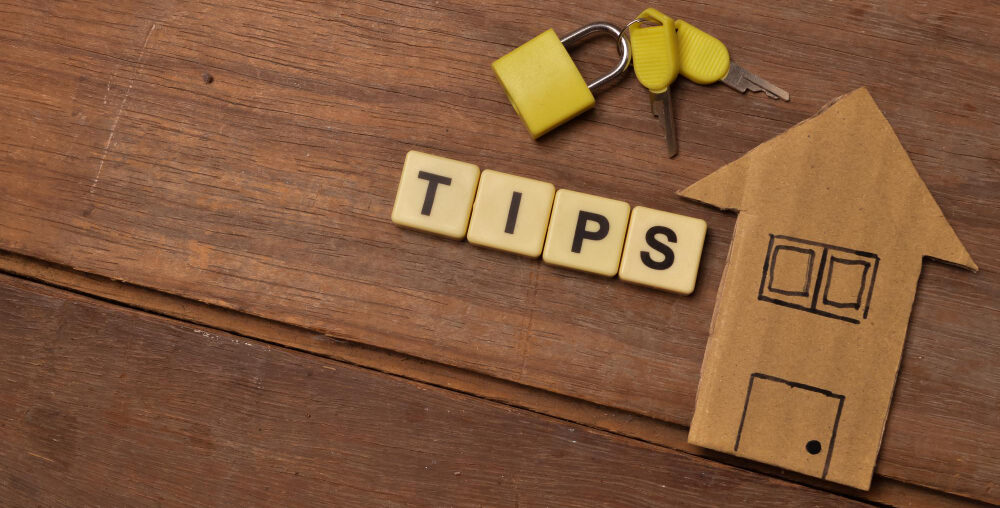Investing in rental property can be a great way to generate passive income and build wealth. However, financing your first rental property can feel overwhelming. The good news is that there are multiple ways to secure funding. In this guide, we’ll break down the process into simple steps.
1. Assess Your Financial Situation
Before you start looking for a property, take a close look at your finances.
- Check your credit score – A higher score can get you better loan terms.
- Review your savings – You’ll need money for the down payment, closing costs, and repairs.
- Calculate your debt-to-income ratio – Lenders consider this when approving your loan.
2. Understand Your Financing Options
There are several ways to finance a rental property. Here are some common options:
- Conventional Loans – Traditional mortgages with competitive interest rates but require a good credit score.
- FHA Loans – Low down payment loans, but they are typically for owner-occupied properties.
- Portfolio Loans – Offered by local banks and credit unions with flexible requirements.
- Hard Money Loans – Short-term, high-interest loans best for investors planning to renovate and sell.
- Private Lenders – Borrowing from individuals who lend money for real estate investments.
See also: Cherry Life by Goel Ganga Group – Luxurious Living with Modern Comfort & Serene Surroundings!
3. Save for the Down Payment
Most lenders require at least 15-25% down for rental properties. Here’s how to save:
- Cut unnecessary expenses and increase your savings rate.
- Consider house hacking—living in one unit while renting out the others.
- Use retirement funds, such as a self-directed IRA (consult a financial advisor first).
4. Get Pre-Approved for a Loan
Before you start searching for properties, it’s a good idea to get pre-approved. This will:
- Show sellers you are a serious buyer.
- Give you an estimate of how much you can afford.
- Help you lock in favourable loan terms.
5. Choose the Right Property
Not all properties make good rentals. When selecting a property, consider:
- Location – Look for areas with high rental demand.
- Cash Flow – Make sure rental income covers expenses and leaves room for profit.
- Property Condition – Avoid homes that need extensive repairs unless you’re experienced in renovations.
6. Estimate Your Expenses and ROI
Understanding your costs is key to a successful rental investment. Be sure to account for:
- Mortgage payments
- Property taxes
- Insurance
- Maintenance and repairs
- Property management fees (if hiring a manager)
Calculate your return on investment (ROI) to ensure it’s a profitable deal.
7. Secure Financing and Close the Deal
Once you’ve found the right property and secured financing, it’s time to close the deal. Work with a real estate attorney and lender to finalize the purchase.
See also: Explore High-Value Commercial Spaces at Glocal Square – Retail & WTC Offices in Nagpur
8. Manage Your Rental Property
After purchasing, you’ll need to manage your rental effectively. Consider:
- Screening tenants carefully to avoid late payments or damages.
- Setting competitive rent based on market research.
- Keeping up with maintenance to protect your investment.
Final Thoughts
Financing your first rental property may seem challenging, but with the right approach, it’s achievable. By understanding your options, saving for a down payment, and choosing a smart investment, you can start building a successful rental property portfolio. Take your time, do your research, and invest wisely!




